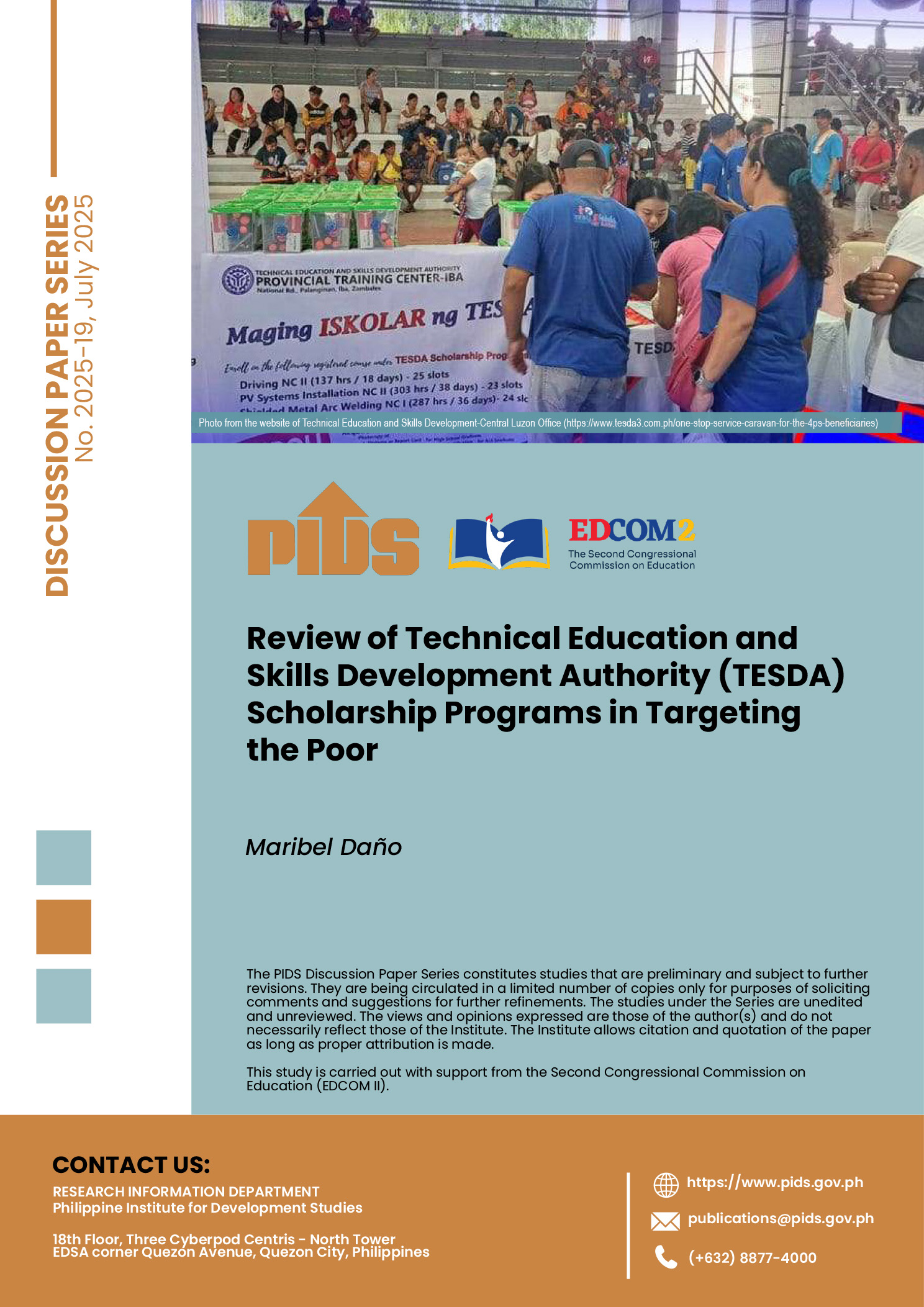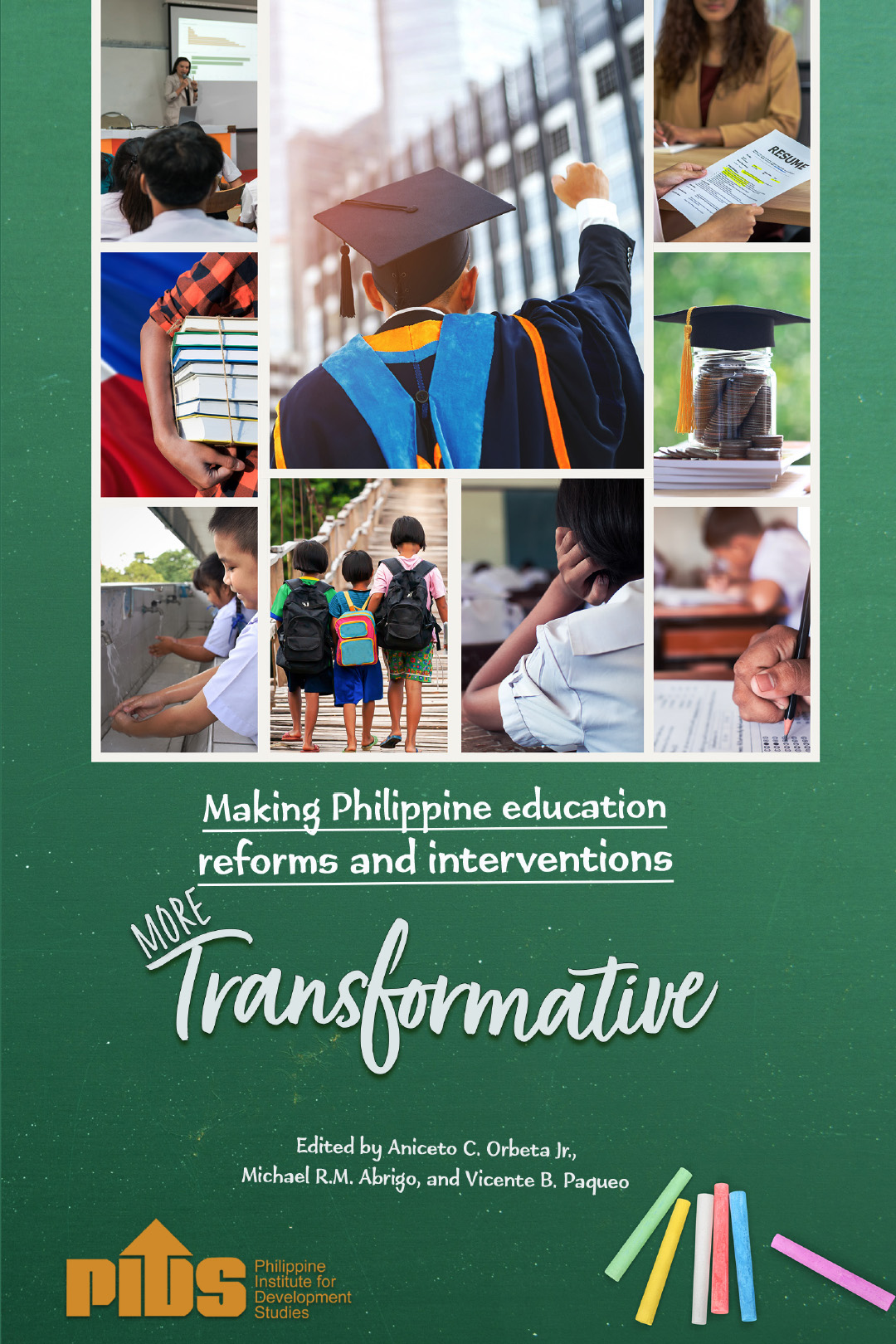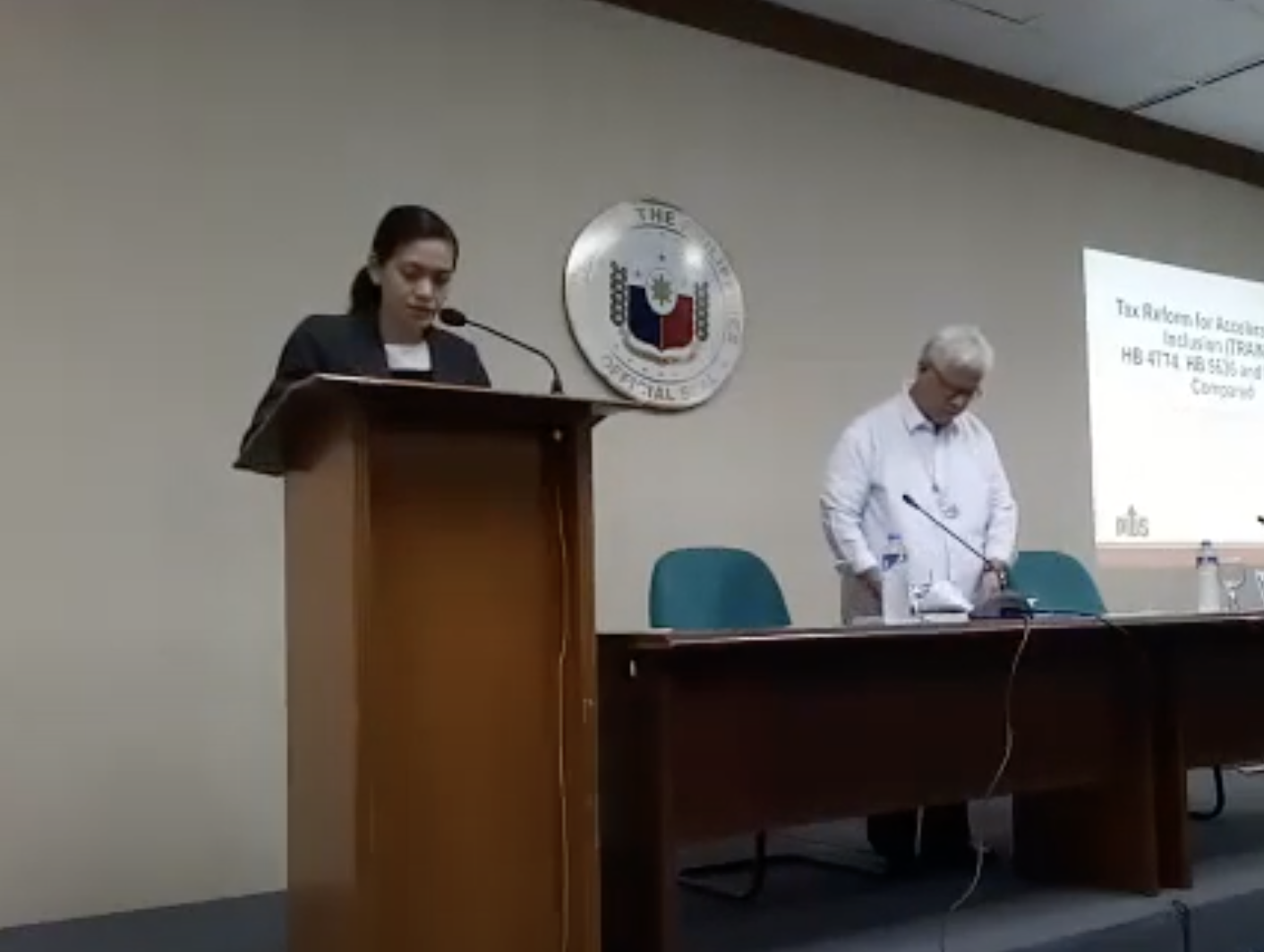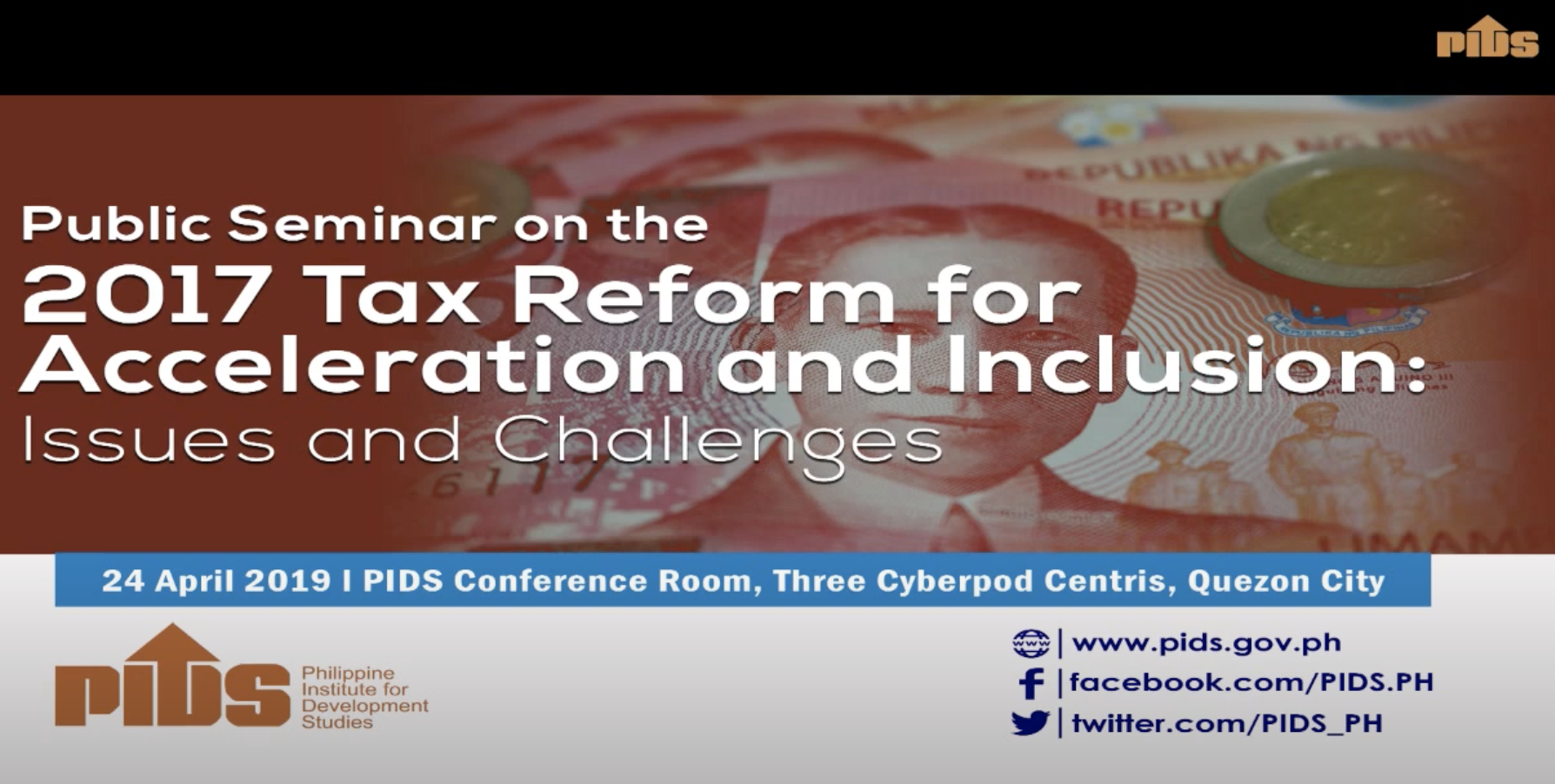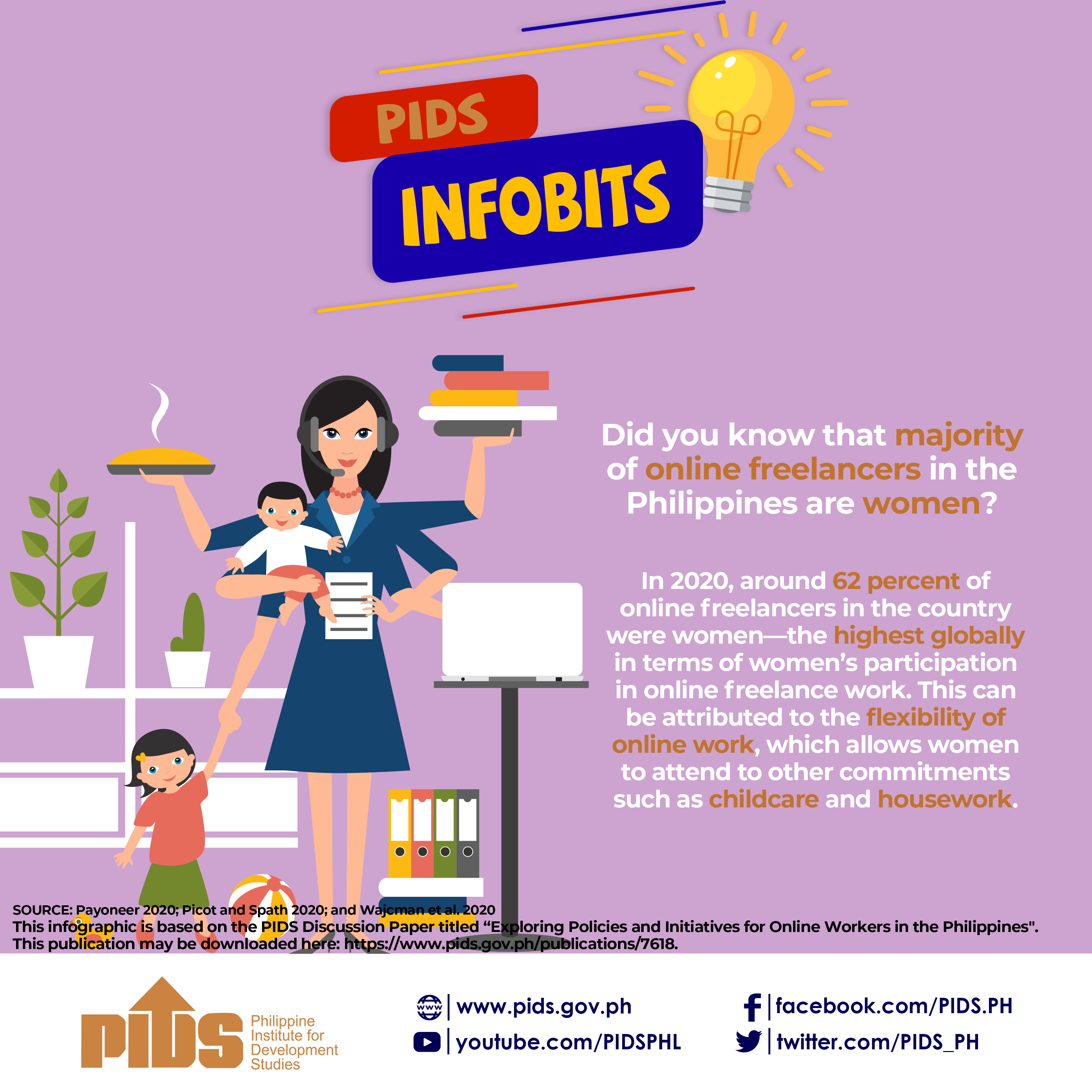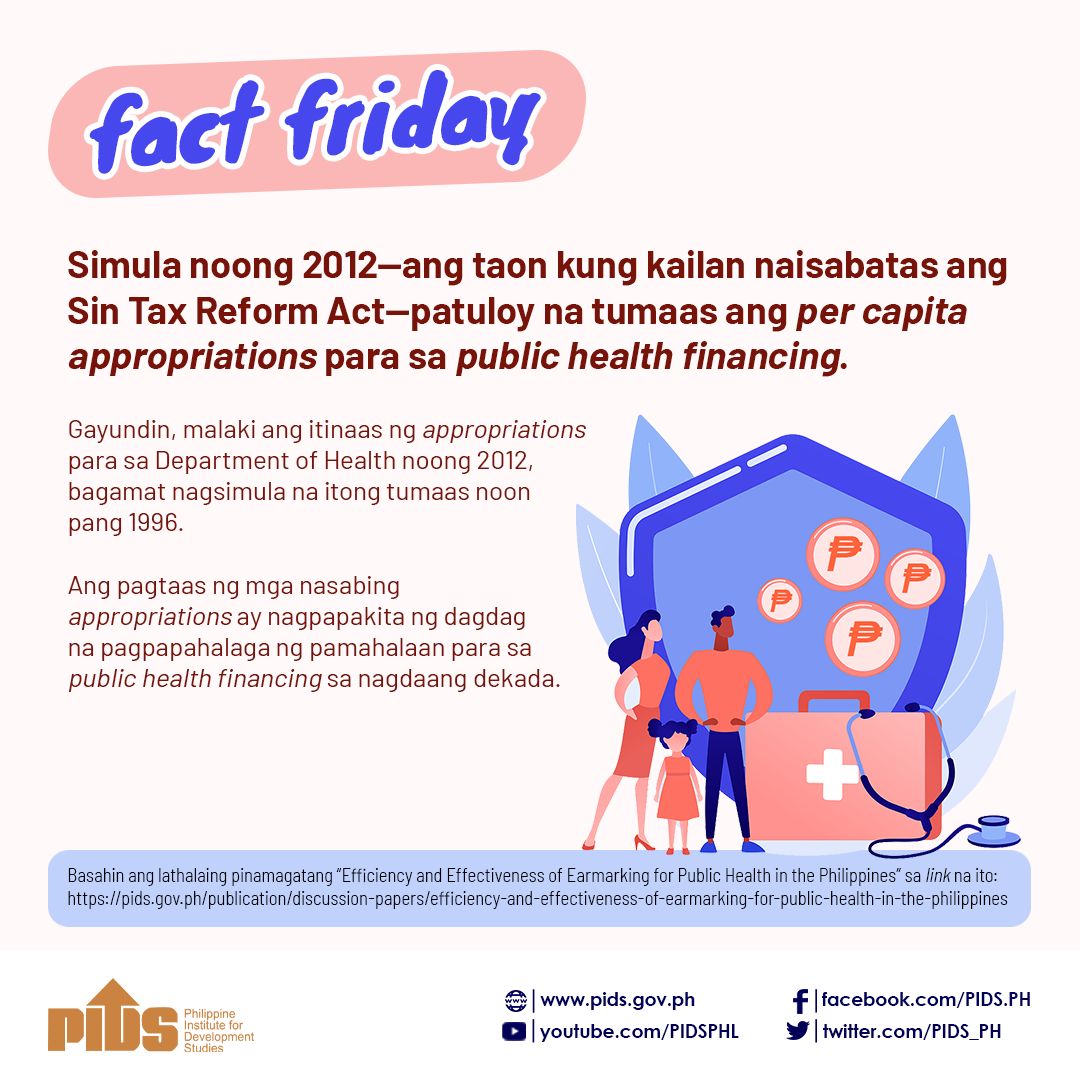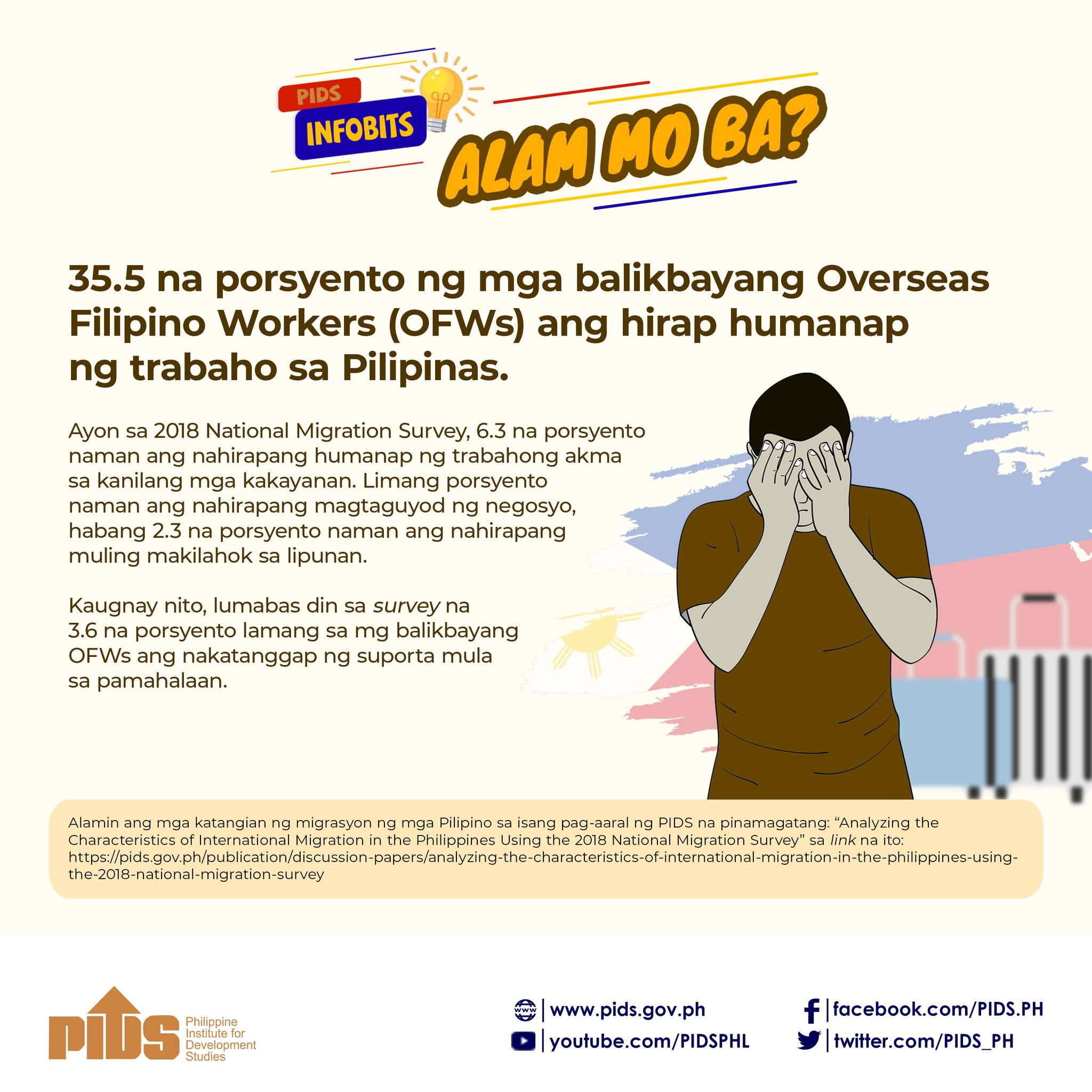TRABAHO Partylist (no. 106 in the ballot) is calling on lawmakers to provide stronger protection, incentives, and institutional support for the country’s growing freelance workforce, in the midst of the implementation of Republic Act No. 12023, known as the Value-Added Tax on Digital Services Law, that could negatively affect online gig workers.
The partylist’s spokesperson Atty. Mitchell-David Espiritu emphasized the urgent need for government policies that recognize the contributions of freelance workers to the economy, particularly in the digital and remote work sectors.
“Freelancers are not just surviving, they are thriving despite the lack of formal support systems. Instead of taxing the very platforms that allow them to earn a living, we should be creating policies that empower and protect them,” Espiritu said.
Said law imposes a value-added tax on digital services such as online freelance marketplaces, payment processors, and productivity platforms, has drawn criticism from various labor and tech industry groups. Many freelancers rely on platforms like Upwork, Fiverr, TaskUs, PayPal, and Google Workspace for their daily operations, and fear that the tax would result in higher service fees or restricted access.
Trabaho said this move would not only increase operational costs for freelancers but could also drive Filipino talent away from the digital gig economy.
According to the Philippine Institute for Development Studies (PIDS), the online freelancing sector has seen remarkable growth, with approximately 1.5 million registered freelancers contributing significantly to local and national economies.
Despite this growth, freelancers face challenges such as lack of job security, access to essential benefits, and exposure to exploitation. Many freelancers operate without formal contracts, making them vulnerable to delayed payments and other issues. Additionally, the absence of comprehensive policies protecting their rights leaves some of them susceptible to abuse by foreign clients.
“We should be finding ways to formalize, incentivize, and support this sector,” Atty. Espiritu added. “That means access to affordable internet, tax incentives for online workers, protection from platform abuse, and inclusion in social protection programs such as healthcare and pension plans.”
In an interview, EJ Gonzales, a freelance artist, host, and performer enlisted in a digital platform, lamented not only lack of certainty and grievance mechanisms for digital service providers in contract-based projects, but also the lack of benefits and security even in the short-term.
“Parang wala akong alam na may available for us. Kaya minsan nakakainggit actually yung mga nagtatrabaho sa corporate. Meron silang HMO, allowance, secured na kinikita every month. Wala kaming mga ganon na benefits,” Gonzales shared.
The group urged other lawmakers to reconsider the broader impact of the digital services tax and to prioritize long-term investments in digital labor infrastructure instead of taxing the Filipino digital service providers.

